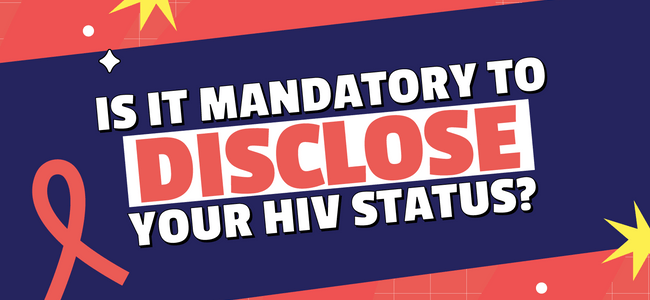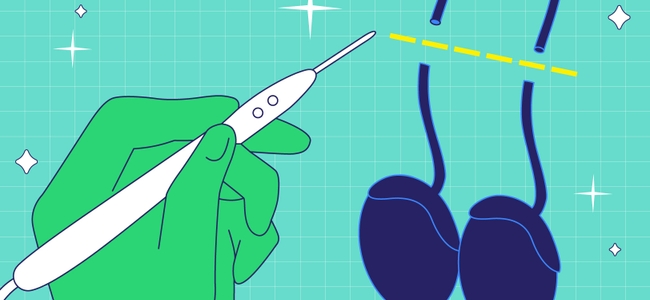Side effects are not signs of illness and while they are common, some women do not experience them at all. When they occur, they will usually decrease or disappear within the first few months of using the pill. The commonly reported side effects of the pill include:
– changes in bleeding patterns, such as irregular or infrequent bleeding, lighter or fewer days of bleeding, or no periods at all (the light bleeding between periods is nothing to worry about and is expected to settle by the end of the third packet, but if it does not, you should tell your doctor);
headaches;
dizziness;
spotting;
sore breasts;
changes in weight;
improvement or worsening of acne;
a change in one’s sex drive;
mood swings; and
nausea (to avoid nausea, take pills with food or at bedtime).
Some pills may cause an increase in blood pressure. Those taking the pill are advised to have their pressure checked every few months. If the increase caused by the pill becomes too high, it is advisable to stop this method. The pressure will usually decline after you stop using it [8].
Combined Pill Complications
Very rare
Women using the pill have a small increased risk of developing a blood clot (thrombosis). These clots can cause blockages in veins, which can result in deep vein thrombosis or pulmonary embolisms and end up causing heart attacks or strokes. If it were to happen, it’s usually during the first year of taking the pill.
You should immediately see your doctor if you experience any of the following:
– unexplained fainting or a collapse;
– breathing difficulties;
– painful swelling in your leg;
– a feeling of numbness or weakness in the arm or leg;
– sudden problems with your speech or sight;
– coughing up blood;
– chest pains, especially if it hurts to breathe in; and
– severe abdominal pain.
These symptoms might be caused by a blood clot.
Extremely rare
Stroke.
Heart attack.
If, after three months, you feel the side effects are more than you can accept, switch methods and stay protected. Condoms offer good protection while you find a method that suits your needs. Remember, the combined oral contraceptive does not protect you from sexually transmitted diseases.
Do I need to worry about blood clots?
The risk of getting a blood clot while using the pill is very low. There is even a lower risk of dying from it. Some genetic and medical conditions increase your risk of blood clots though. If you have a history of blood clots or are concerned about blood clots, check with your healthcare provider to determine if the pill is the best contraception for you.
Is spotting when using combined contraceptive pill usage normal?
Spotting is a common side effect of the combined pills. This will usually happen for various reasons. If you are taking the pills without a break, you will experience what is known as ‘breakthrough’ bleeding. This is experienced as slight spotting or in some cases a little heavier bleeding at a time when you are not expecting your periods. This is not a sign of ill health. It also does not mean that your contraceptive is not effective.
Is it safe to take combined contraceptive pills for years without breaks?
Yes. If taken regularly, the combined can protect you from pregnancy for several years without the need to take a break from them. There is no evidence to show that taking a break when using the pill is necessary. Taking a rest period is more risky because you are likely to get pregnant during that time.
What if I had diarrhea after taking my birth control pills?
Hormonal contraceptives, including combined pills, can upset one’s bowel movements. This may cause diarrhea. While diarrhea will not affect the effectiveness of the combined contraceptive pill, severe diarrhea(6-8 watery diarrheas within 24 hours) may mean that the last tablet was not absorbed in your body. If you are experiencing severe diarrhea, keep taking your pill as usual. In addition, use a backup method like a condom for the period of diarrhea and two days after it stops.
Is the birth control pill an eco-friendly method?
While some of the hormones from the pill will enter the environment through a woman’s urine, the amounts are smaller than any other sources of estrogen in the environment. For instance, estrogen from manufacturing industries; pesticides, fertilizers, and animal drugs enter the ecosystem in larger amounts compared to the estrogen a person would secrete from her urine.
If you are concerned about adding any amount of hormones to your body or the environment there are other contraceptive options for you. Copper IUDs and natural latex condoms are good options. The most important thing is to use a method that will help you to prevent pregnancy.


